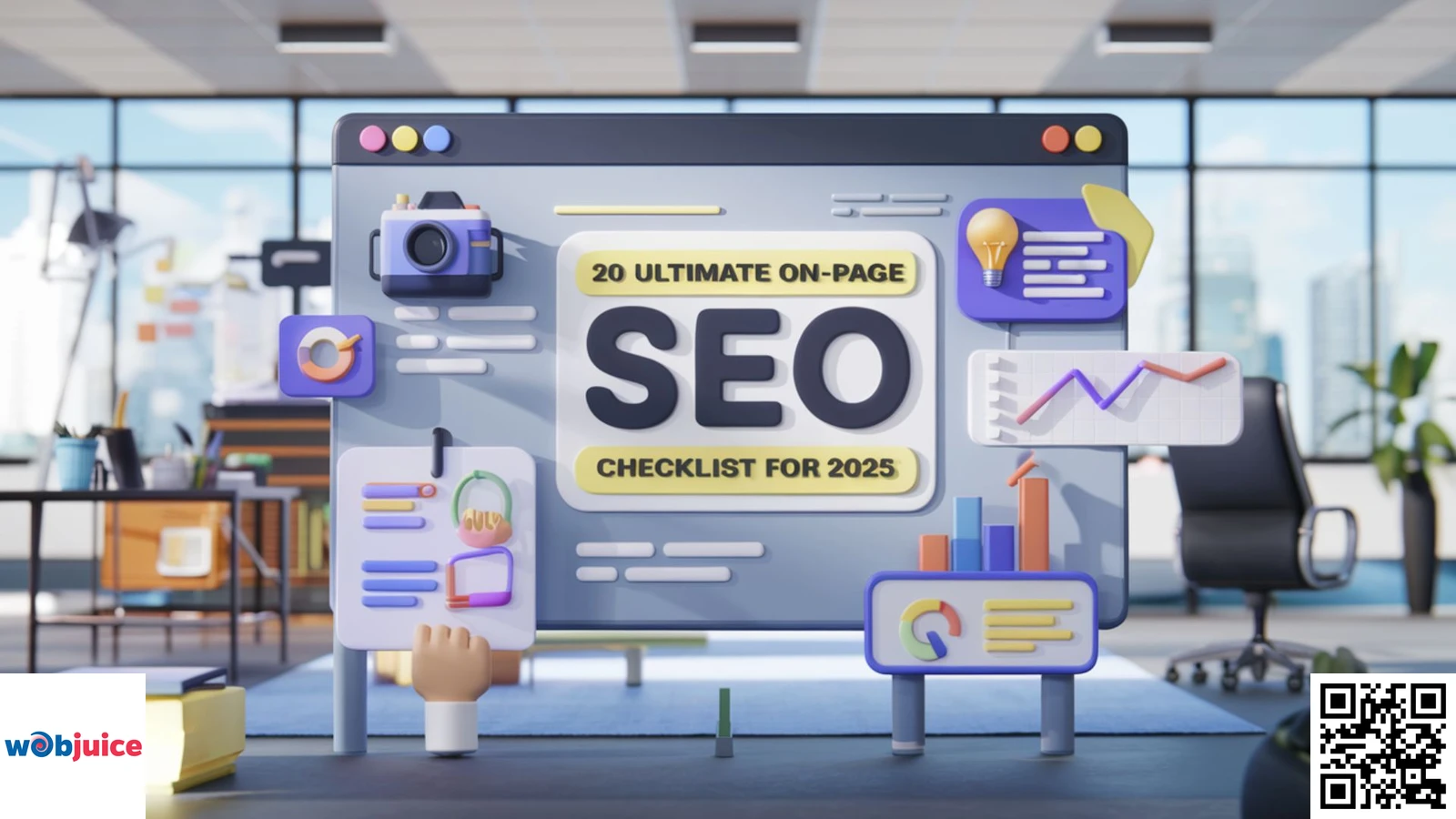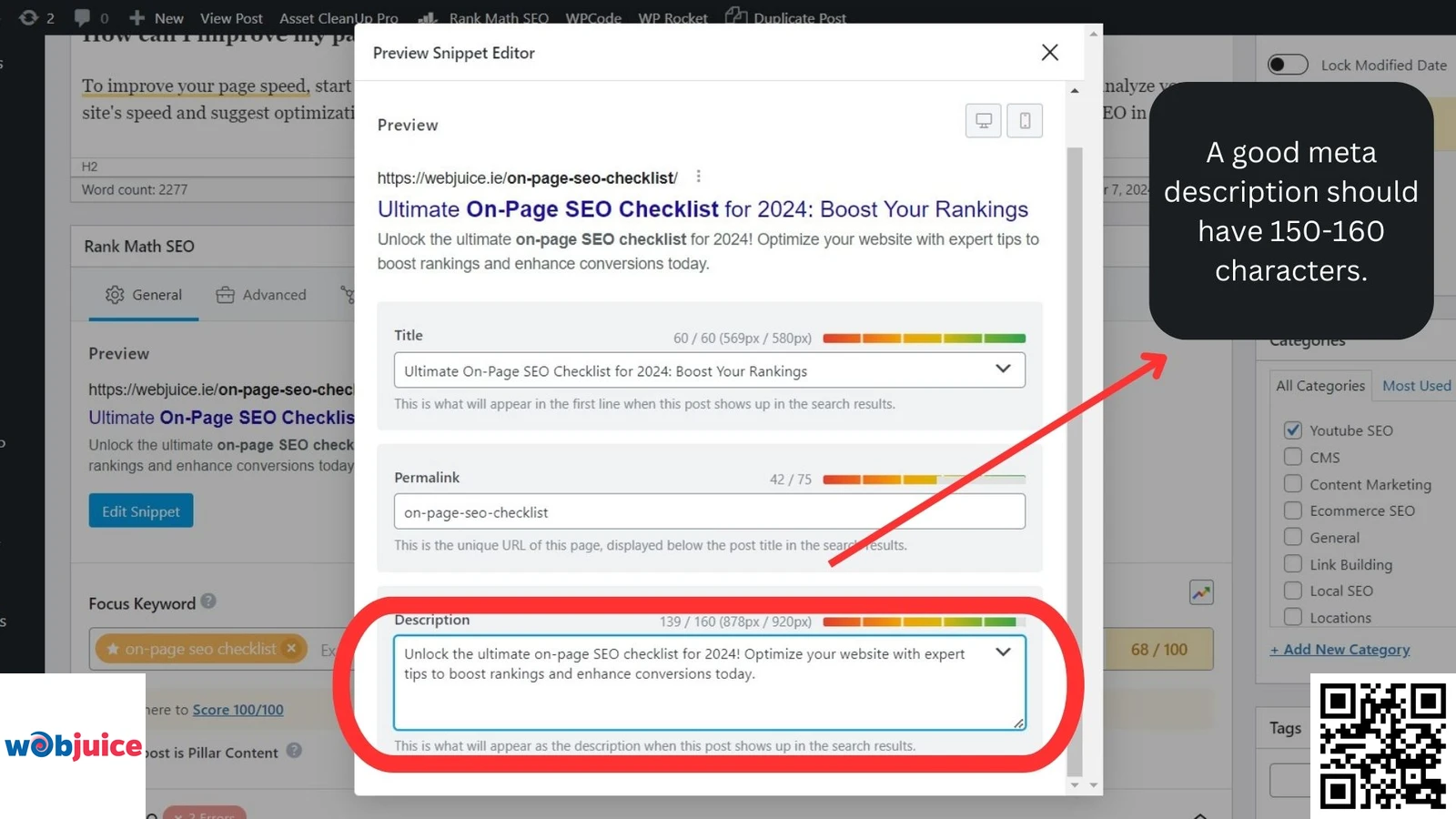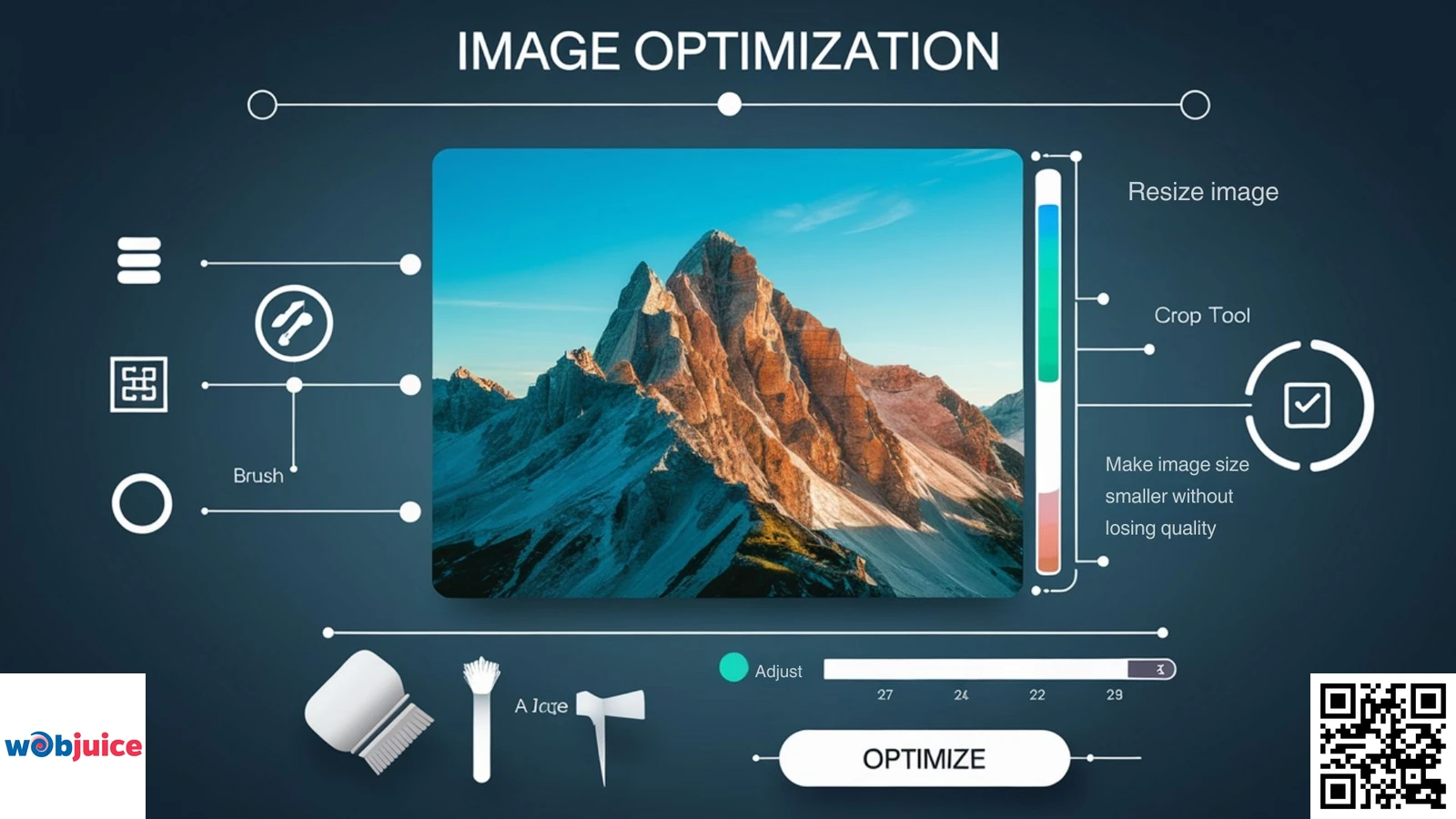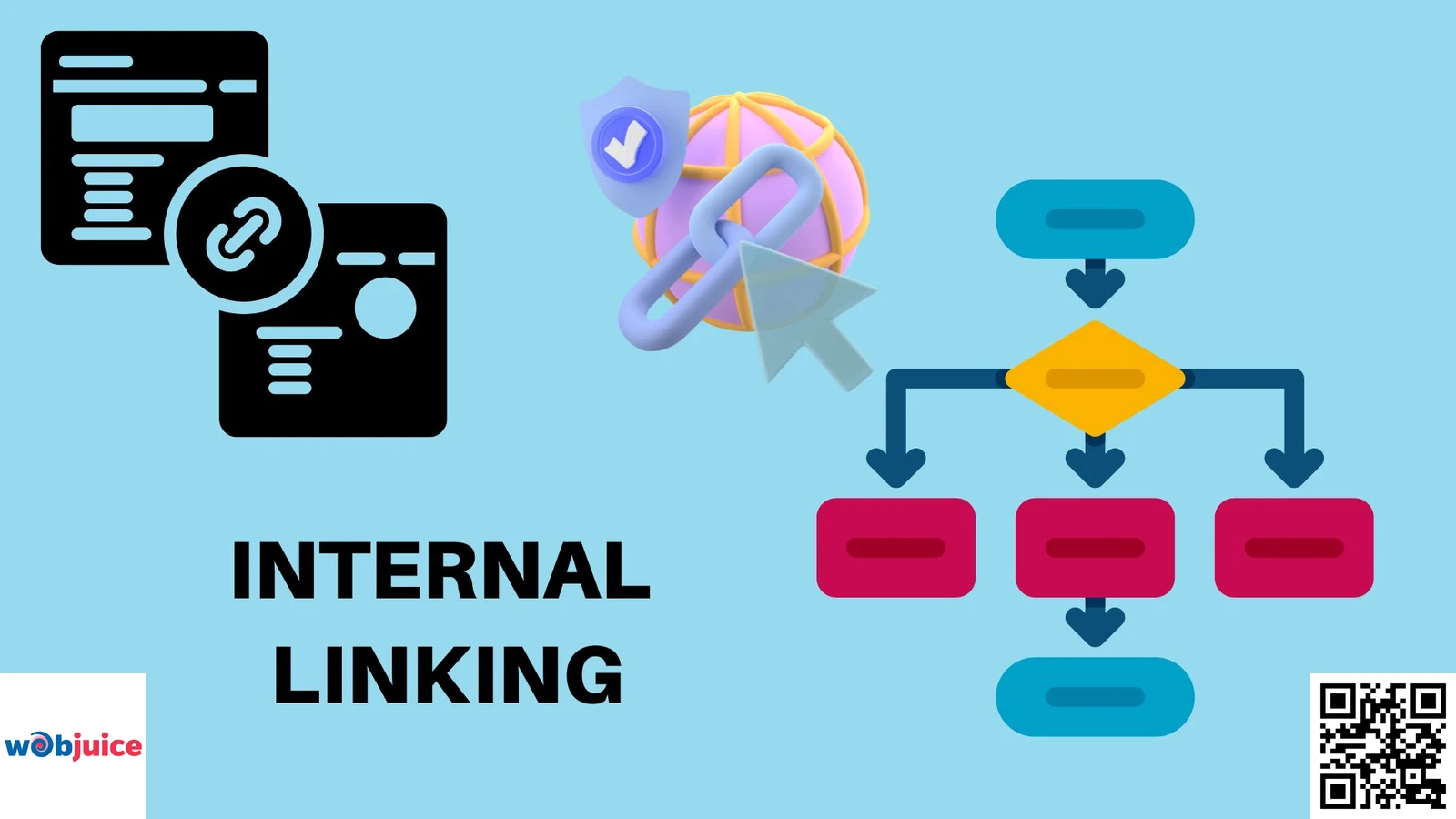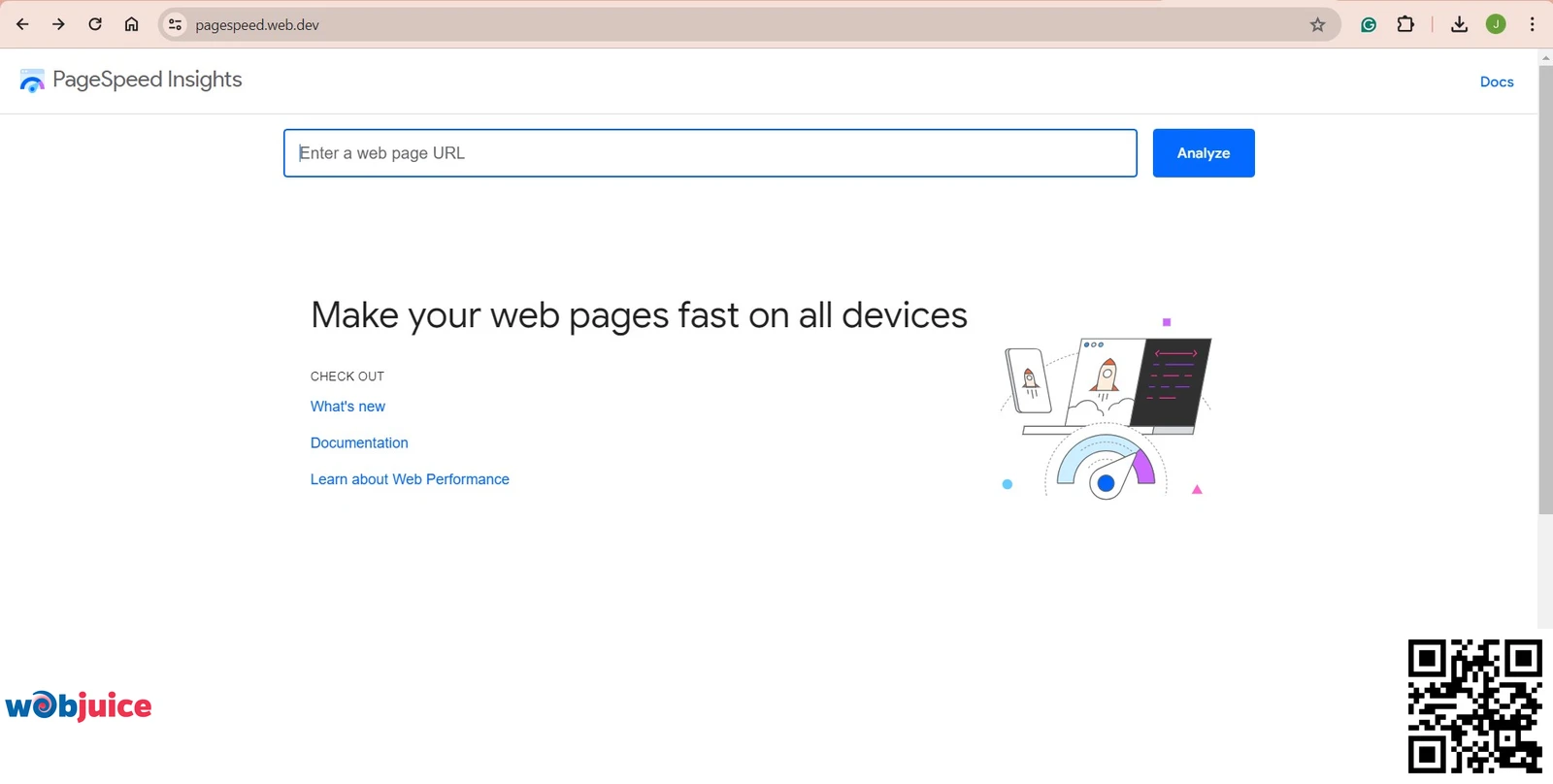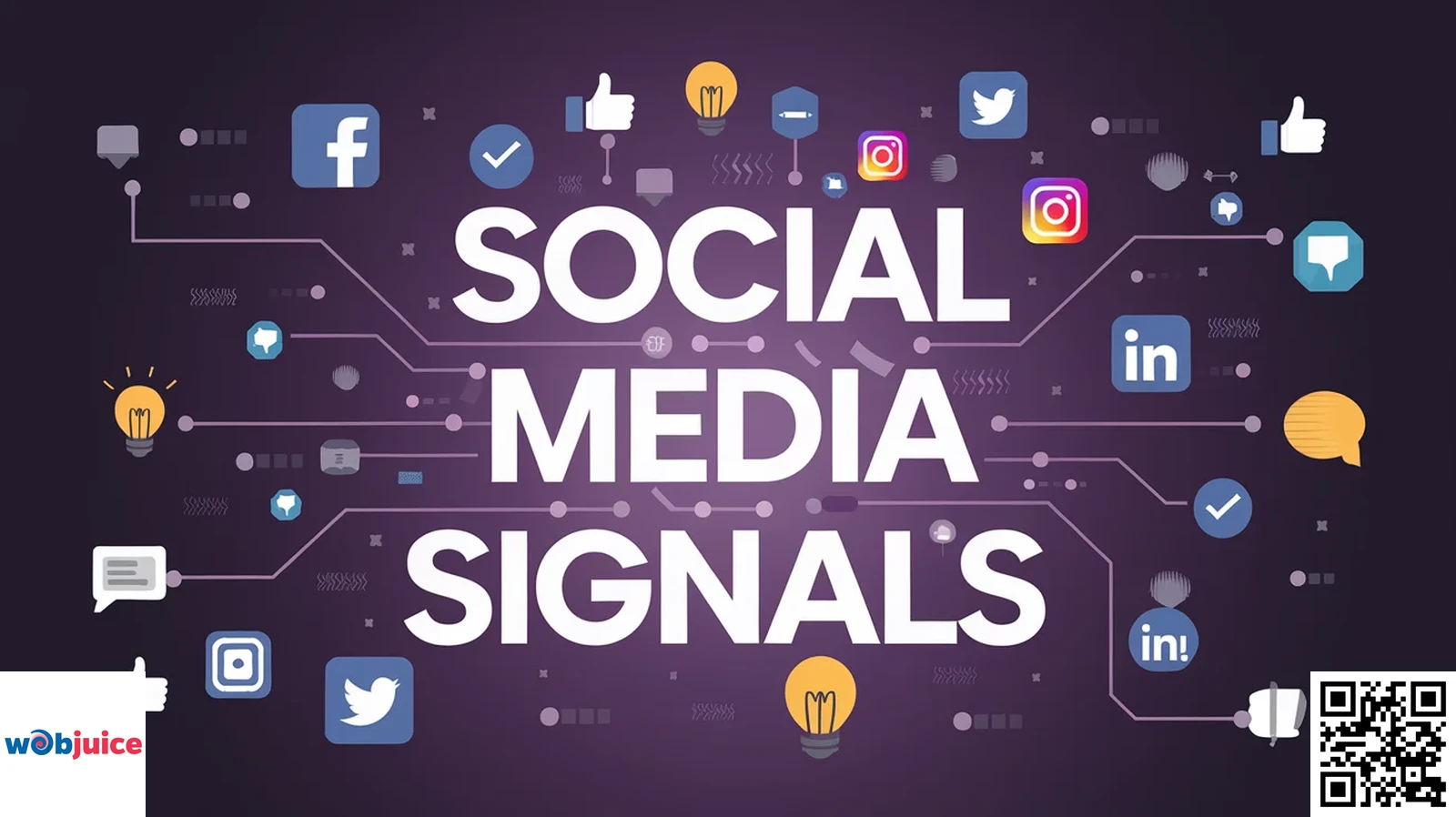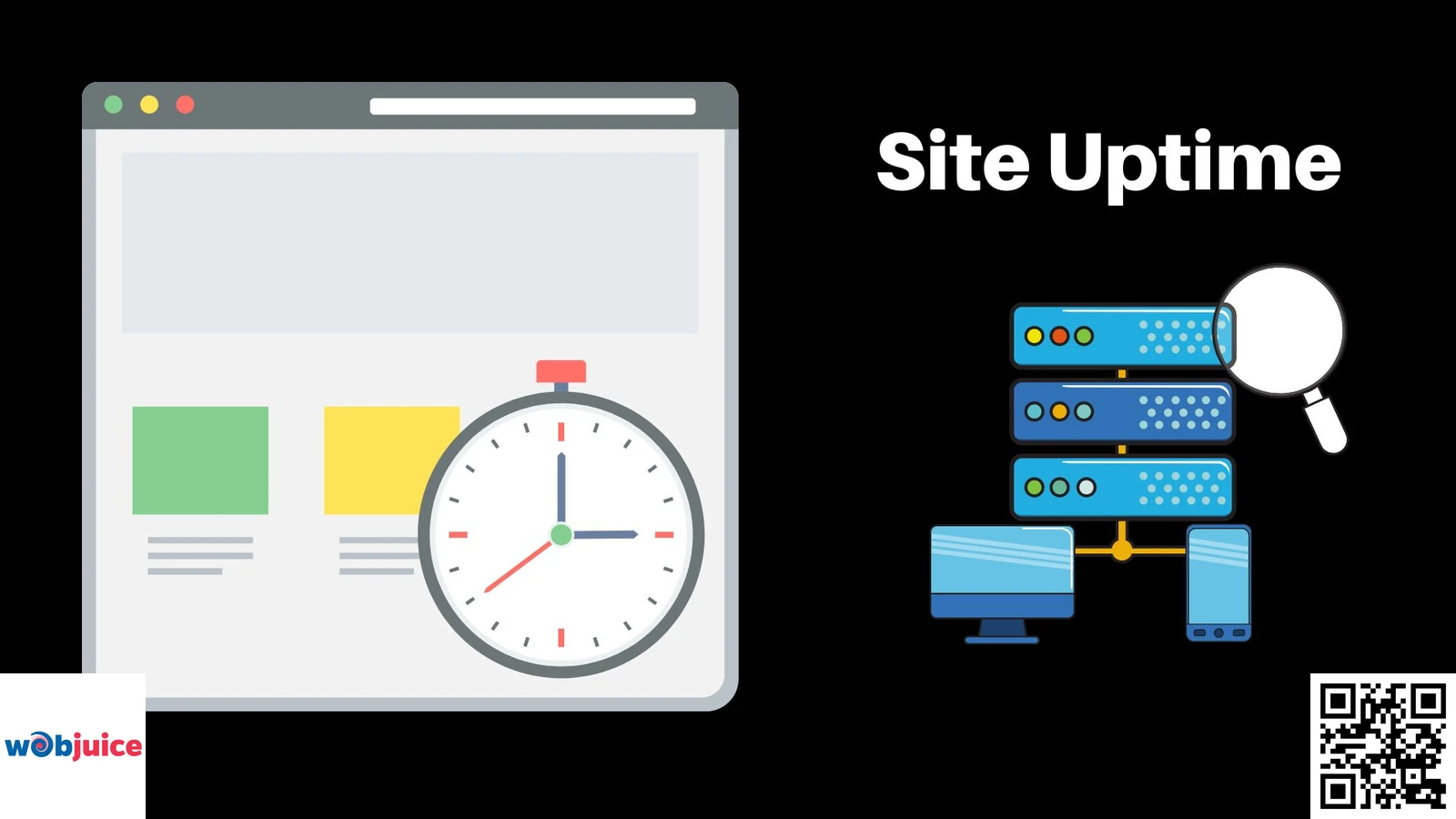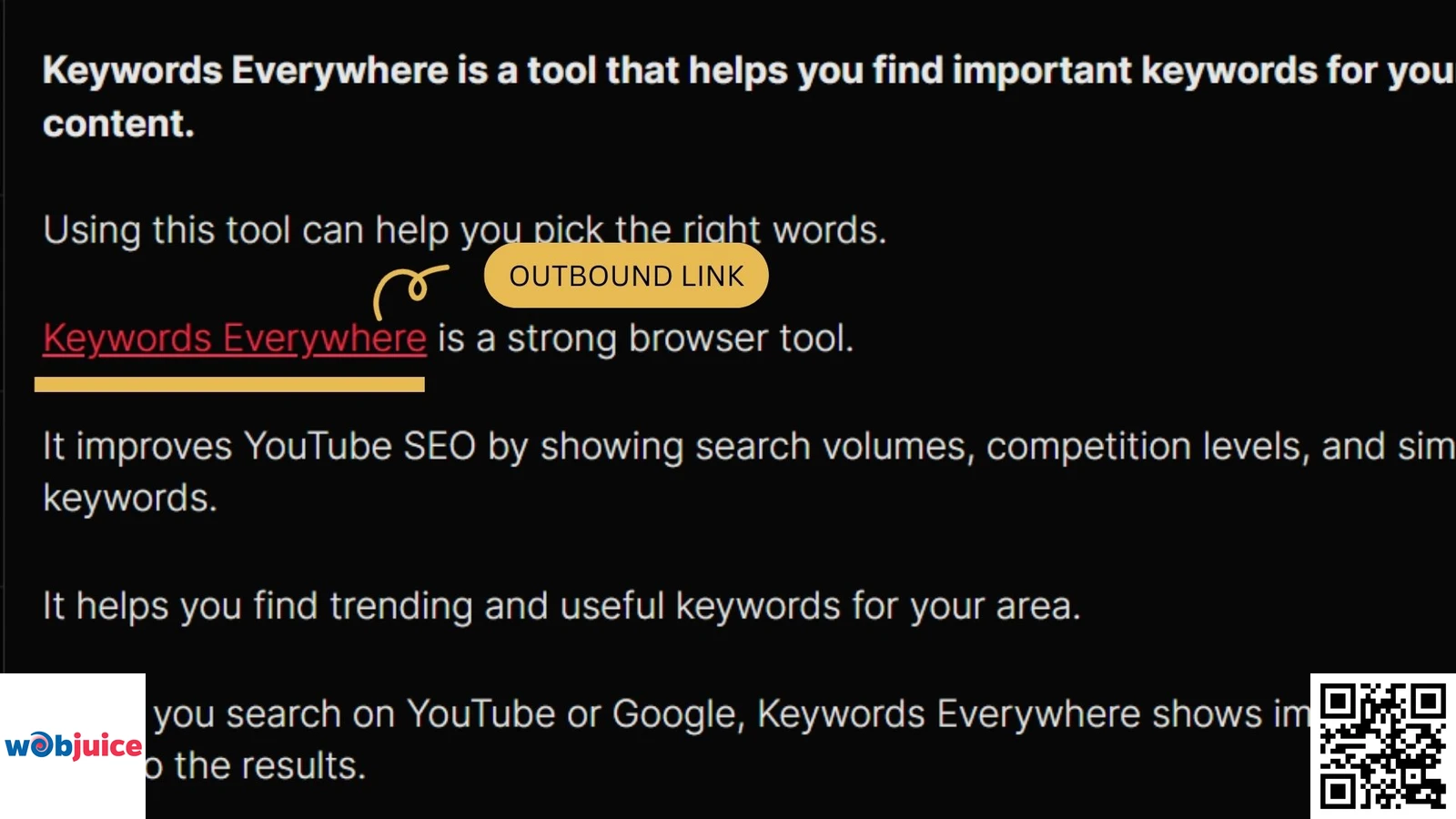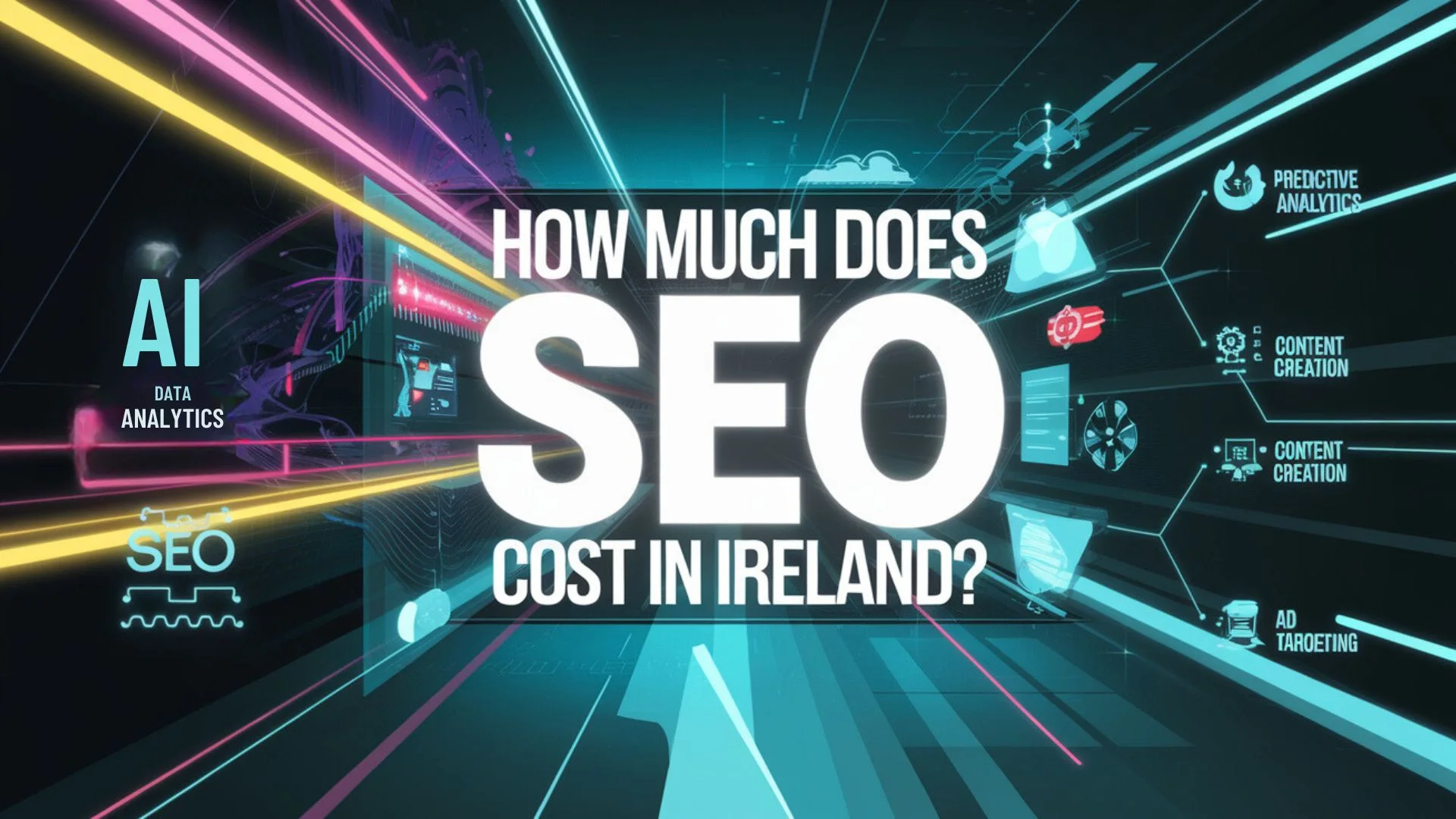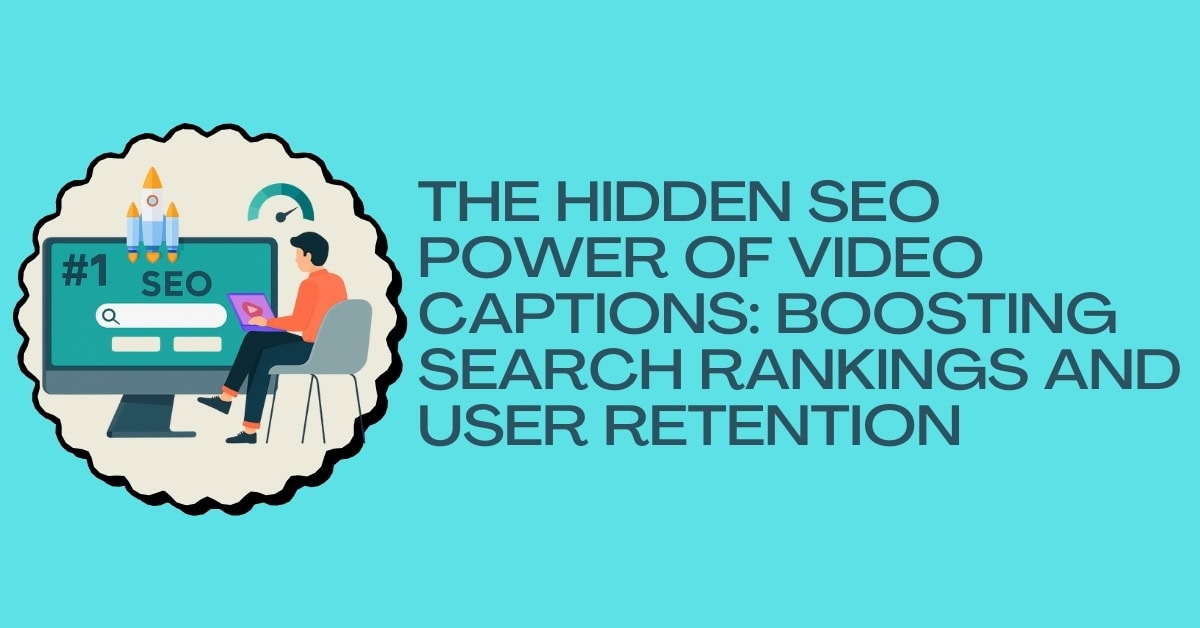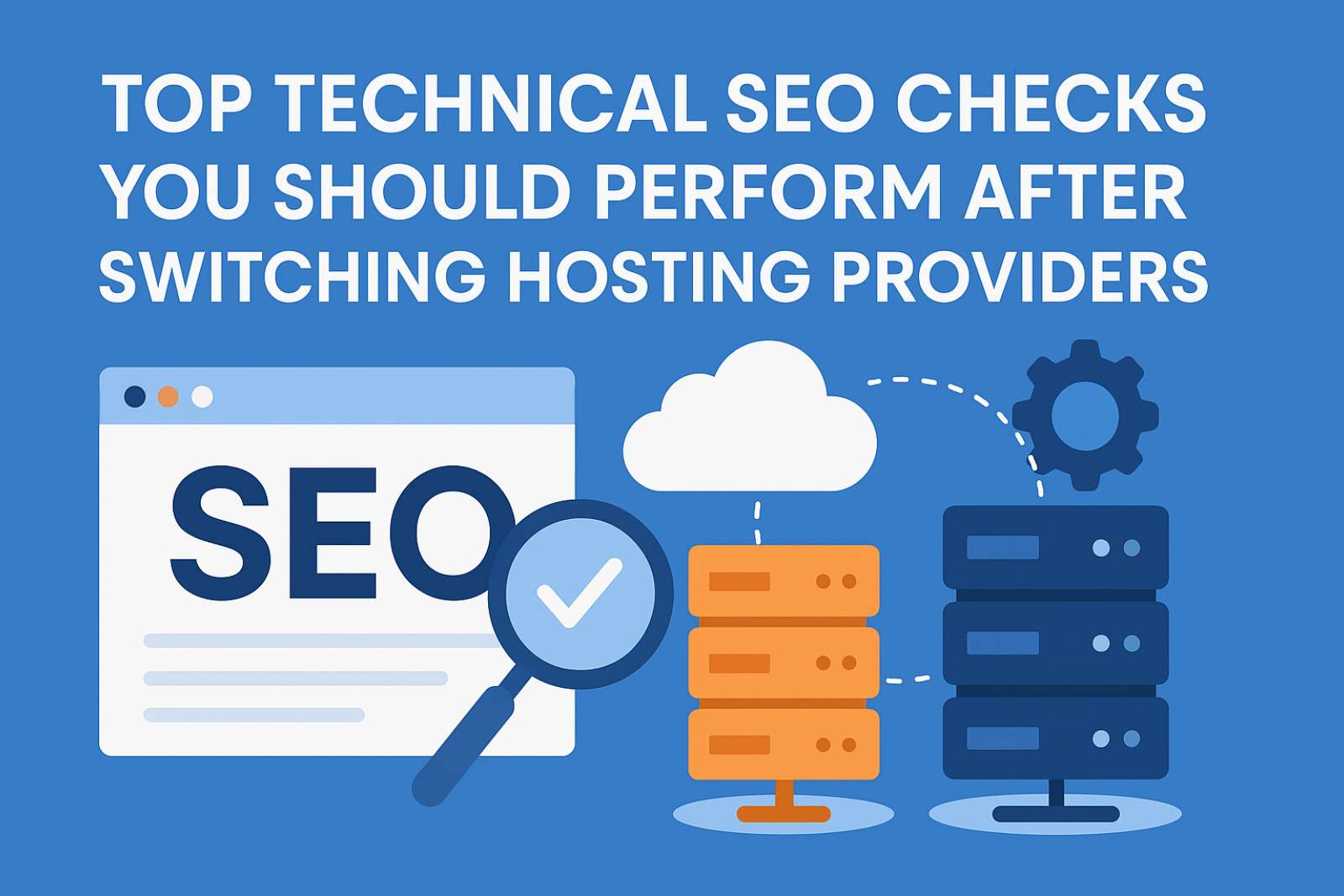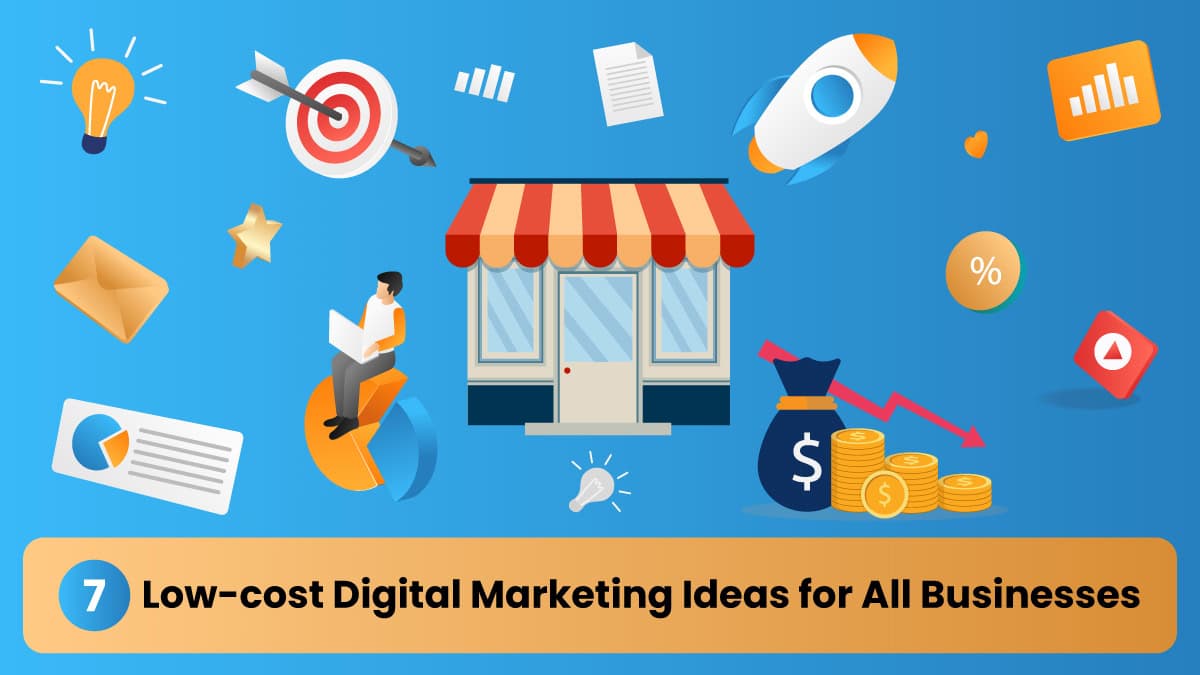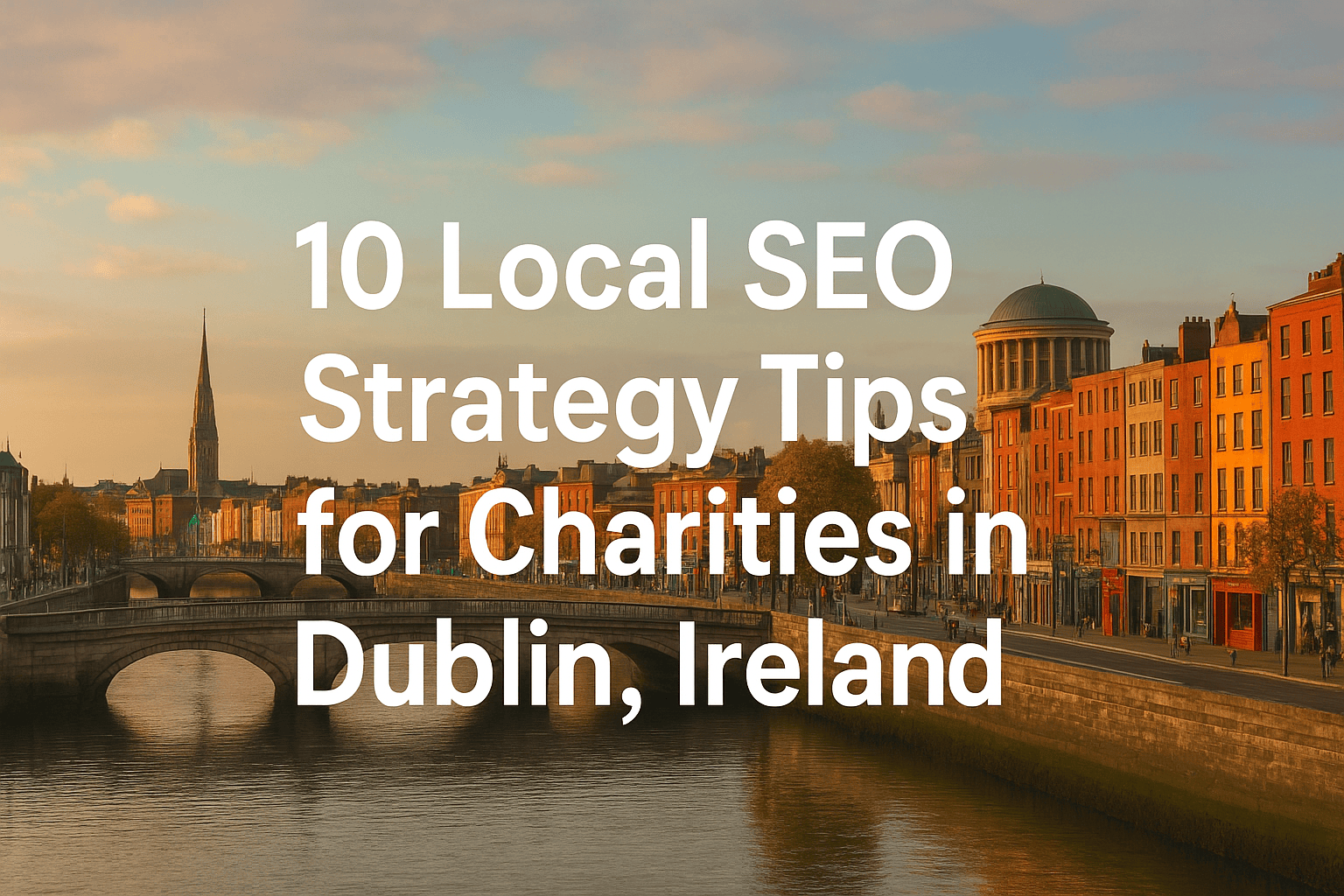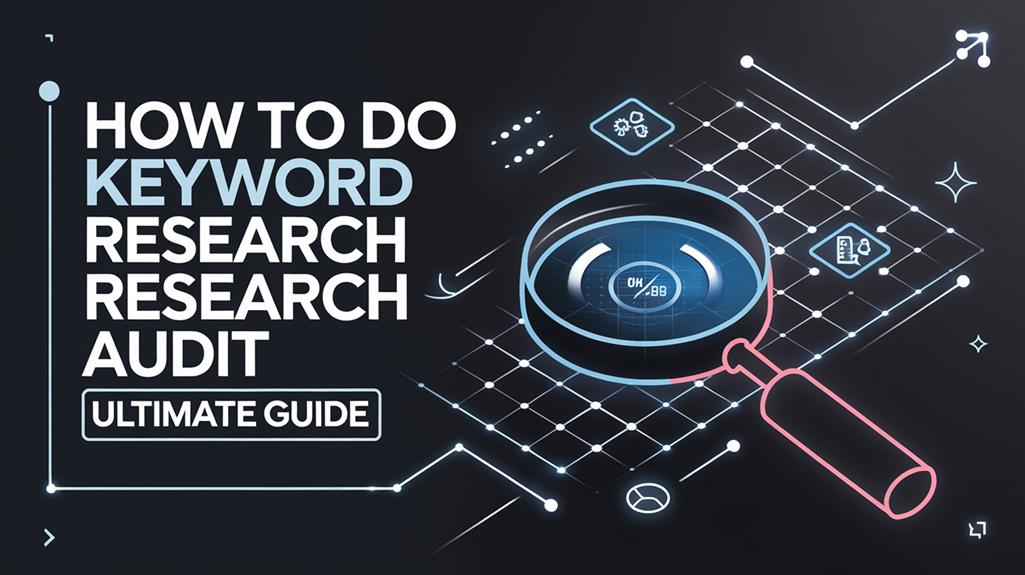In the ever-evolving landscape of digital marketing, mastering on-page SEO remains the cornerstone of any successful website strategy. It’s the meticulous art and science of optimizing individual web pages to rank higher and earn more relevant traffic from search engines. This comprehensive guide distills the essential components of high-performance on-page SEO into 20 actionable and powerful tips. We will delve beyond basic keyword placement to explore the critical synergy between technical excellence, content quality, and user-centric design. From crafting compelling title tags and meta descriptions that boost click-through rates to optimizing site speed, image compression, and internal linking architecture, each element plays a pivotal role. Understanding and implementing these practices is not just about appealing to algorithms; it’s about creating a seamless, authoritative, and valuable experience for your visitors. In 2025, where user experience signals are paramount, this holistic approach is non-negotiable for achieving sustainable visibility and growth. Prepare to transform your web pages into powerful assets that both search engines and users love.
Optimize Title
Your title should be simple and clear, but it should also describe it well.
Aim for a length of 50-60 characters so it shows fully in search results.
This length makes your title good for search engines and attractive to users.
Also, try to put your main keyword at the start.
Don’t ignore the technical SEO parts, too.
Using special titles for every page can stop confusion for search engines and help your rankings.
Meta Description
A good meta description should have 150-160 characters.
It should include keywords smoothly.
Your meta description should show the benefits of the content.
Make it appealing with a clear call to action.
If your page addresses a common problem, point that out in the description.
This helps your on-page SEO. It can make your page more visible and help it rank better.
Heading
Focus on using H1, H2, and H3 tags.
Your H1 tag should show the main topic of the page.
The H2 and H3 tags should divide the subtopics, helping readers follow the content easily.
Using important words in your headings helps with SEO.
It also benefits users because clear headings make it easy for visitors to scan the text.
Also, having a good heading structure helps with internal linking.
It gives you a way to add links within your text.
Don’t ignore the importance of keeping headings short and to the point.
Clear heading tags help your content flow better.
They make it easier for users and search engines to understand your words.
Page Content
To do this, think about keyword research.
Use important terms in your content.
Use headings, bullet points, and images to split text and improve readability.
This helps search engines know what your pages are about and can improve your rank higher in search results.
Aim for complete page content optimization that covers topics well, making it more useful for readers.
URL
When making URLs, try to keep them short—under 60 characters is best.
Don’t use extra parameters and special symbols.
They can confuse users and search engines, negatively impacting your SEO title.
Also, think about how your site is organized.
A clear URL structure makes it easier for users and can help your SEO.
For example, using a format like “example.com/category/subcategory/article” helps search engines understand your content better.
Using these strategies in your URL structure can greatly affect your rankings on the search engine results page.
Image Optimization
You should make images smaller without losing quality to speed up loading times.
Pages that load quickly are preferred by search engines, which can help your rankings.
Use image sitemaps to help search engines find and list your images better.
Don’t forget about responsive design, as it is a critical ranking factor for mobile users.
Make sure your images fit different screen sizes.
By paying attention to these SEO details, you can truly boost your website’s performance.
Keyword Consistency
To get keyword consistency, begin with careful keyword research.
Find the main keywords that fit your niche.
Put them in your titles, headings, and body text in a smart way.
This isn’t only about using keywords again and again.
It’s about blending them smoothly into your content.
This helps your page rank better.
Internal Links
During an SEO audit, you need to check your internal linking strategy.
This means looking for broken links and making sure each page has enough internal links.
To get the most benefits, use clear anchor text that has your keywords.
Keep in mind, that the more good internal links you have, the better your chances to do well in SEO.
Search engines look at internal links to decide how to rank your content.
This helps search engines find your pages. It also makes things clearer for users.
Sitemap
By giving a clear plan for your website, you help people use your site better.
This can make them stay longer and lower the number of people who leave quickly.
Both are important to bring in more visitors.
It is also important to update your sitemap often.
This shows search engines that your content is fresh and useful.
It can help improve your SEO efforts.
Don’t overlook how important a good sitemap is.
It can greatly affect how well your site does in search engine results.
Robots.txt
By guiding crawlers well, you can ensure that your top content gets more attention, which can improve your search engine ranking.
SEO experts say you should check and update your robots.txt file often.
This is an important part of improving your site’s tech performance.
If this file is set up wrong, it can make important pages ignored or allow useless ones to be shown.
Making a good robots.txt file is not only about limits.
It also helps your website’s SEO.
When you match your robots.txt with your content plan, you can boost your SEO work effectively.
Page Speed
Making image sizes smaller, using browser caching, and reducing CSS and JavaScript can improve your site’s speed.
Tools like Google PageSpeed Insights can help you find areas to improve.
By fixing these problems, you’re not only making your page faster.
You are also making a better experience for users, which encourages them to explore your site more.
In-Page Links
By using good internal linking, you make paths for visitors and search engines to find your content.
This plays an important role in on-page SEO.
It helps share page authority and invites users to explore your site more.
Using strong SEO strategies, like linking to helpful articles or resources, improves the user experience and helps optimize your website.
When you smartly use internal links, you can improve your search engine ranking.
Each link shows search engines that the linked pages are important.
This can also lower your bounce rate because visitors will stay interested in your content.
Page Indexing
Start with fixing your website. Make sure that the layout of your site is clear and makes sense.
This will help crawlers find their way easily.
Use XML sitemaps to show these crawlers where your most important pages are.
Also, do detailed keyword research to find the words your audience is using.
Naturally add these keywords to your content, titles, and meta descriptions.
This helps with indexing and improves your search engine ranking too.
Text/HTML
Your HTML should be clean and organized. Do not use too much code or extra tags that might confuse search engines.
Remember, being clear is very important.
A good text and HTML layout not only improve user experience but also help your SEO results.
Use these strategies regularly, and you will notice better visibility and ranking for your website.
Use of MultiMedia
Using multimedia elements like images, videos, and infographics can help your on-page SEO.
When you use these formats well, you get your audience interested and also boost your search engine visibility.
SEO plugins can help you see how well multimedia fits into your content, which is essential for on-page elements.
One important part of making multimedia better is using alt text.
This text explains your images.
It helps users who cannot see and gives search engines more information about your visuals.
Be clear and add useful keywords to improve your chances of ranking higher.
Videos can make people stay longer on your site.
Infographics can also sum up difficult information, making them a valuable part of your SEO elements strategy.
They are easy to share and can bring backlinks to your site.
Social Media Signals
Using social media signals can help your on-page SEO. It does this by bringing more traffic and raising brand awareness.
When people share your content on sites like Facebook, Twitter, and Instagram, it boosts your visibility.
This means you will get more visitors to your website.
A rise in traffic can help improve your ranking on search engines.
Integrating social media into your SEO plan is more than just posting links.
It’s important to create interesting content that gets people to share and engage.
This can boost your SEO efforts by creating backlinks, which can also improve your internal linking strategy.
When users interact with your content, it shows search engines that your site is important and reliable.
A good presence on social media can also lead to better results for you.
People tend to trust brands that are actively connecting with their audience through effective on-page SEO strategies.
HTML Errors
Start by doing a complete check with an SEO list to find common HTML mistakes.
Look for things like missing tags, broken links, or wrong attributes.
These tasks for fixing your site’s tech may feel like a drag, but they are very important for making sure your site works well.
Fixing these errors improves how users feel about your site.
It also helps search engines understand and list your site better, which can raise your rankings.
Clean and correct HTML code helps web pages load faster.
This fast loading is important to keep visitors.
A well-optimized web page can rank higher. This leads to more natural traffic.
Site Uptime
To get the best uptime for your site, use a good hosting service and an SEO plugin that notifies you if there are any downtime issues.
Also, be sure to run regular performance checks.
These checks can help you find any problems that could impact accessibility.
By keeping your site working all the time, you will lower bounce rates and keep users engaged longer.
A focus on having your site up helps your SEO, increasing organic traffic and improving your overall visibility.
With the right plans, you can feel good about improving your online presence.
You will also give users a smooth experience, which helps build a strong base for lasting success.
Usability
Keeping your site up and running is only the start.
Usability is very important in how visitors use your website.
It makes sure your site is easy to use and looks good.
When you focus on usability, you make visitors happy and also boost your search engine ranking.
Make sure your content is easy to read.
Use clear headings and bullet points.
Speed up loading times. Slow pages frustrate users and will hurt your rankings.
Investing in usability is not only about how things look.
It can help you get more conversions and keep customers coming back.
By improving usability, you are making your site ready for lasting good results.
Outbound Links
When you link to trusted websites, you help your site’s reputation.
This is important for SEO. Outbound links can also make visitors more engaged.
They may want to read about related topics, which can lower your bounce rate.
Also, using links from other sites can make your content more relevant in search results.
This will attract more organic traffic and help improve your rankings.
To get the best SEO results, check if your outbound links are useful and improve your content.
Regularly inspect your links to keep their quality.
Work with an SEO consultant in Dublin to improve your strategy.
What are the Key Elements of On-Page SEO?
On-page SEO functions as an interconnected system where multiple elements collaborate to signal relevance and quality to search engines. These elements work in harmony to improve both user experience and search engine visibility.
SEO Elements Breakdown:
Title Tags: Your page’s primary headline in SERPs (50-60 characters)
Meta Descriptions: Compelling summary that drives CTR (150-160 characters)
Header Tags: H1 for main topic, H2/H3 for subtopic organization
Pro SEO Tip:
Prioritize user intent satisfaction in your content creation. Google’s algorithms increasingly reward pages that comprehensively answer searcher queries with authoritative, well-structured information.
Essential On-Page SEO Components:
- Technical Foundation: Clean URLs, mobile responsiveness, fast loading speed
- Content Excellence: Comprehensive coverage, natural keyword integration, readability
- Structural Signals: Logical internal linking, clear information architecture
- Visual Optimization: Compressed images with descriptive alt text, video transcripts
How Do I Choose the Right Target Keyword?
Keyword selection is a strategic process balancing opportunity with feasibility. Follow this systematic approach to identify keywords that drive qualified traffic to your site.
4-Step Keyword Selection Framework:
Step 1: Intent Analysis
Categorize search intent: Informational (“how to”), Commercial (“best X”), Navigational (“brand name”), or Transactional (“buy X”). Your content must perfectly match this intent.
Recommended SEO Tools:
SemrushKeyword Magic Tool & Difficulty Scores
AhrefsKeyword Explorer & SERP Analysis
Google Keyword PlannerSearch Volume Data
Moz Keyword ExplorerDifficulty & Opportunity Scores
- Target Long-Tail Keywords: “On-page SEO checklist for e-commerce 2025” converts better than “SEO”
- Analyze SERP Features: Check if top results include videos, featured snippets, or shopping results
- Consider Seasonality: Some keywords have cyclical search patterns
- Evaluate Competition: Look at domain authority of ranking pages
Why is On-Page SEO Important in 2025?
In 2025, on-page SEO’s importance has intensified as search algorithms prioritize user experience signals and E-E-A-T (Experience, Expertise, Authoritativeness, Trustworthiness).
SEO Landscape:
Core Web Vitals: Direct ranking factor affecting mobile and desktop rankings
AI Integration: Search algorithms better understand context and user intent
Experience Signals: Dwell time, bounce rate, and engagement metrics gain importance
Key Reasons for Ongoing Importance:
- Foundation for All SEO: Technical on-page optimization enables other SEO efforts
- Direct Ranking Factors: Page speed, mobile-friendliness, and security are confirmed ranking signals
- User Experience Correlation: Well-optimized pages naturally provide better UX
- Competitive Necessity: As more sites optimize, the baseline standard rises
Future-Proof Your SEO:
Focus on creating comprehensive content hubs rather than isolated pages. Google increasingly rewards sites that demonstrate topical authority through interconnected, in-depth content clusters.
How Do I Optimize My Meta Description for Better SEO?
While meta descriptions aren’t a direct ranking factor, they significantly impact Click-Through Rate (CTR), which influences rankings indirectly through user engagement signals.
Meta Description Template:
[Primary Benefit/ Solution] + [Target Keyword] + [Proof Element] + [Call-to-Action]
Example: “Increase organic traffic with our complete on-page SEO checklist. Includes 20 actionable tips for 2025. Download your free guide now.”
Optimization Checklist:
- Length Control: 150-160 characters to avoid truncation in SERPs
- Keyword Placement: Include target keyword naturally (preferably near beginning)
- Unique for Each Page: No duplicate descriptions across your site
- Active Voice & Verbs: “Learn,” “Discover,” “Get,” “Find”
- Value Proposition: Clearly state what user gains by clicking
Testing & Optimization:
Use Google Search Console to monitor CTR for different pages. A/B test different meta description formats to see what resonates best with your audience. Include numbers, questions, or urgency when appropriate.
What Are the Best Practices for Internal Linking?
Strategic internal linking creates an information architecture that benefits both users and search engines by distributing authority and improving site navigation.
Pillar-Cluster Model:
Create pillar pages (broad topics) that link to cluster content (specific subtopics). This structure helps establish topical authority and improves crawl efficiency.
Internal Linking Best Practices:
- Descriptive Anchor Text: Use relevant keywords naturally (avoid “click here”)
- Contextual Placement: Insert links where they provide additional value
- Authority Distribution: Link from high-authority pages to newer content
- User-Centric Design: Include related posts sections and breadcrumb navigation
- Regular Audits: Fix broken links and update outdated connections
Internal Link Analysis Tools:
Screaming Frog: Visualize internal link structure and identify orphaned pages
Ahrefs Site Audit: Analyze internal link distribution and opportunities
Google Search Console: Monitor internal link data in the Links report
How Can I Improve My Page Speed?
Page speed is a critical Core Web Vital and direct ranking factor. Fast-loading pages improve user experience, reduce bounce rates, and increase conversions.
Page Speed Optimization Framework:
Quick Wins (Under 1 Hour):
1. Compress images using ShortPixel or TinyPNG
2. Enable browser caching
3. Minify CSS and JavaScript files
4. Remove unused plugins or widgets
Technical Optimization Checklist:
- Image Optimization: WebP format, lazy loading, responsive images
- Hosting Infrastructure: CDN implementation, optimized server configuration
- Code Efficiency: Eliminate render-blocking resources, defer non-critical JS
- Caching Strategy: Object caching, page caching, CDN caching
- Database Optimization: Regular cleanup, query optimization
Essential Speed Testing Tools:
Google PageSpeed InsightsCore Web Vitals & mobile/desktop scores
GTmetrixDetailed waterfall analysis & recommendations
WebPageTestAdvanced testing from multiple locations
Chrome DevToolsReal-time performance debugging
Performance Targets:
LCP (Largest Contentful Paint): Under 2.5 seconds
FID (First Input Delay): Under 100 milliseconds
CLS (Cumulative Layout Shift): Under 0.1
Conclusion
Mastering on-page SEO is a continuous process that yields significant long-term rewards for your website’s authority and visibility. By systematically applying the 20 strategies outlined—from foundational elements like keyword-optimized titles, meta descriptions, and header tags to advanced technical factors such as site speed, clean HTML, and intelligent internal linking—you build a robust foundation.
Remember: The ultimate goal is to satisfy both search engine crawlers and human users. A fast, well-structured website with high-quality, relevant content naturally earns higher engagement, lower bounce rates, and improved rankings. Regularly audit your pages using tools like Google PageSpeed Insights and Semrush, and stay updated with SEO best practices.
Commit to this holistic approach. Integrate multimedia, ensure flawless usability, and maintain impeccable technical health. By doing so, you won’t just optimize for search engines; you will create a superior, trustworthy destination for your audience, driving organic growth and establishing lasting success in the competitive digital space of 2025 and beyond.
